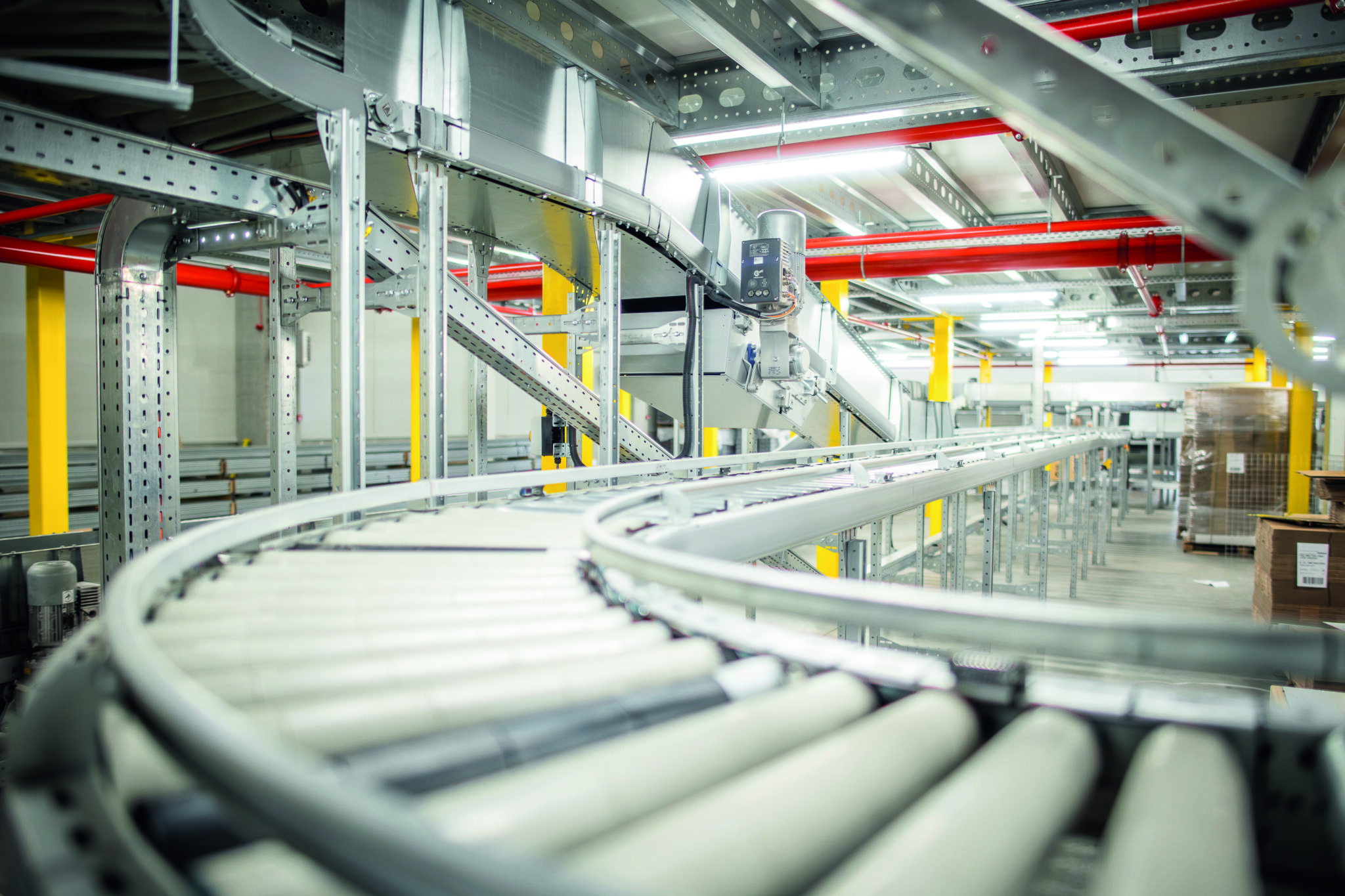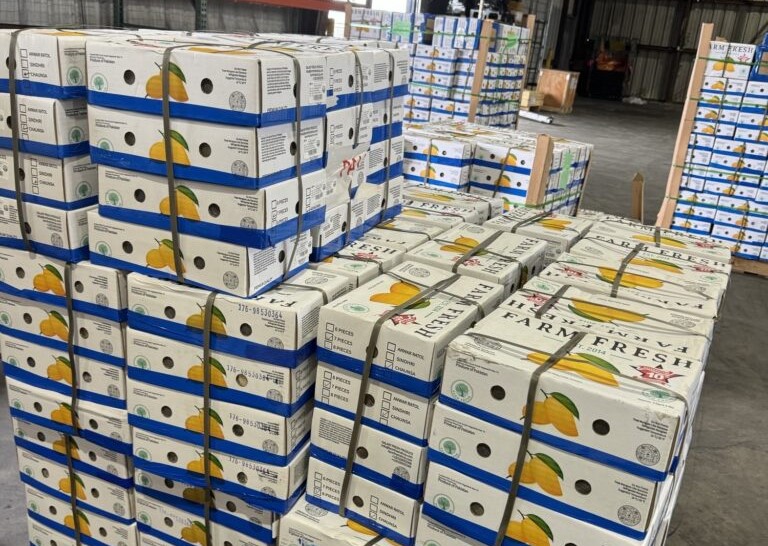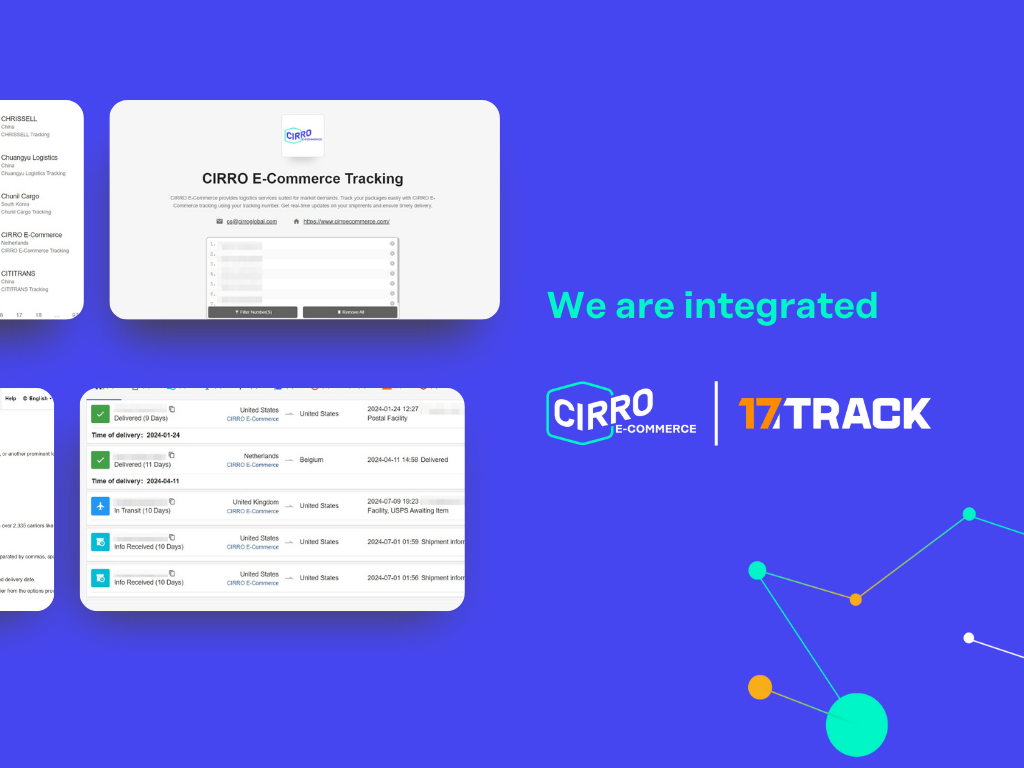Yale Lift Truck Technologies has announced the expansion of its UX series of lift trucks with the addition of new lithium-ion power options. The new counterbalance forklifts, available in the four-wheel ERP15-35UXL series and the three-wheel ERP16-20UXTL series, strike the ideal balance between efficiency and cost-effectiveness, helping outsmart everyday challenges.
“The lithium-ion powered Yale® UXL series helps varied warehouse and intralogistics operations to tackle the challenges of rising costs while benefitting from clean, zero-emission technology. All without compromising on efficiency,” says Robert O’Donoghue, Vice President of Marketing at Yale Lift Truck Technologies.“
The new Yale lithium-ion UXL options address some of the real-world challenges posed by lead-acid batteries. By eliminating the need for scheduled watering, the UXL series has the potential to enhance workflow, ultimately increasing operational time and helping to enhance day to day operations.
“With efficiency key to any intralogistics operation,” continues O’Donoghue, “the ability to take advantage of opportunity charging means the UXL series can be ready to go at any time. When not in use, users can expect a fast, full charge in about two and a half hours on most models.”
Catering to diverse industries, including manufacturing, logistics, retail, food and beverage, and pharmaceuticals, the versatile Yale UXL models combine technology and practicality. Their compact design and excellent manoeuvrability enable efficient navigation of narrow aisles, alongside responsive performance, consistent lifting power, and travel speeds up to 16km/h. Lift capacities up to 3.5 tonnes and a reach up to 6m give the UXL the ability to efficiently move materials within a facility and support a wide range of different handling tasks.
Lithium-ion Battery Forklift Trucks
With zero exhaust emissions, these lift trucks also contribute to a cleaner, quieter working environment while supporting sustainability goals by helping reduce operational CO2 emissions. Furthermore, the 5-year or 7,500-hour warranty on the lithium-ion batteries minimises replacement costs, providing a long-lasting fleet solution. The flexible battery box design also allows for potential future conversion to lead-acid power if business needs evolve.
“Yale UXL truck users will also benefit from peace of mind thanks to our well-established independent dealer network which offers exceptional aftermarket support, readily available parts, and a comprehensive warranty programme,” says O’Donoghue. “The Yale lithium-ion powered UXL series is further proof of our commitment to providing efficient, cost-effective solutions to the materials handling industry all while continuing to work towards a zero-emission future.”
The Yale ERP15-35UXL and ERP16-20UXTL models are available now from Yale dealers across Europe, Middle East, and Africa.
similar news
Hyster Launches 7-9T Range With Fully-Integrated Lithium-ion
















